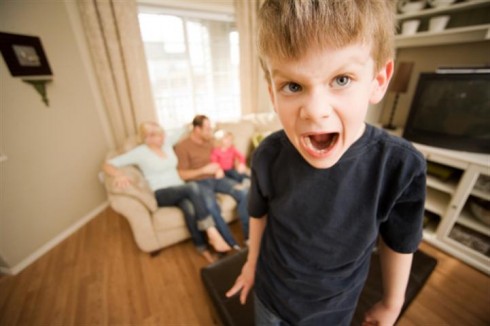Completing a MAPP (Model Approach to Partnerships in Parenting) class was the first step on our road to becoming licensed foster parents. The course took place every Monday night for ten weeks, three hours each night. It was so much information over a short period of time. We really did enjoy the class, but I also felt like my head might explode by the end of each class. Since Jesse and I are both people who take time to digest information, we though it might be helpful for us to review some highlights of things we learned at a slower pace. Plus there were extra reading materials given out each week that I didn’t have the brain power to work through at the time. So, as I review I thought I would share some of the fascinating and helpful things we learned.
We spent a lot of time during the class discussing appropriate methods of discipline for the children who will come into our home. Obviously, since many of these kids are already coming out of unpleasant home environments, physical punishment of any kind is prohibited. We are fine with this policy, especially after learning all the reasons that it can be harmful. We learned that proactive parenting would be a more positive and effective approach to discipline. Proactive parenting helps build safe and trusting relationships and focuses on providing positive consequences for things the child does right rather than forcing compliance by punishing what the child does wrong. Remember, our number one goal is for the child to know he is safe with us! We have to be less concerned with correcting every minor issue.
Two things from this section of the material really stuck out to me as most important. I need to learn the difference between principle versus preference. This is a hard one for me, anyone who knows me knows that I am neat, tidy, and organized. I like to have things be done right. I realize that this would be an adjustment for anyone who becomes a parent, but possibly even more so for us.
A couple of our teacher’s examples really nailed this point home. She had one kid who would refuse to ever take his shoes off, even to sleep, because he was so sure his parents would be by any moment to pick up. Naturally, one might at least try to talk the kid out of getting his dirty shoes into the bed sheets. But if this is the coping strategy he needs, it’s really not that big of a deal… she let him sleep with his shoes on because it was a matter of preference not principle. She had another kid who liked to hide food in his room. This is less than ideal because it attracts ants and makes a mess. But who knows exactly what happened in the kid’s past to make him feel the need to do this? He needs to have his survival skill validated before he can begin to realize he doesn’t need to do that anymore. Again, not one’s preference… but we are saving behavior adjustments for big things, that are more a matter of principle.
The second thing we need to learn is how to have no reaction to unwanted behaviors. We were warned about the possibility of these kids trying out some extreme behaviors in an attempt to push our buttons and receive the kind of punishments they are used to. We heard stories of young kids with extensive four letter vocabularies. The best thing for us to do is not let them know how much it bothers us. If/when we can be calm, we can let them know the behavior was inappropriate and then move on and forget about it.
During our first year of licensing we are required to take an extra class on managing behaviors. We are looking forward to it because we felt like this was one of the most interesting parts of the class. I guess they want us to have some parenting experience before we learn these techniques so that we are able to apply them better.





